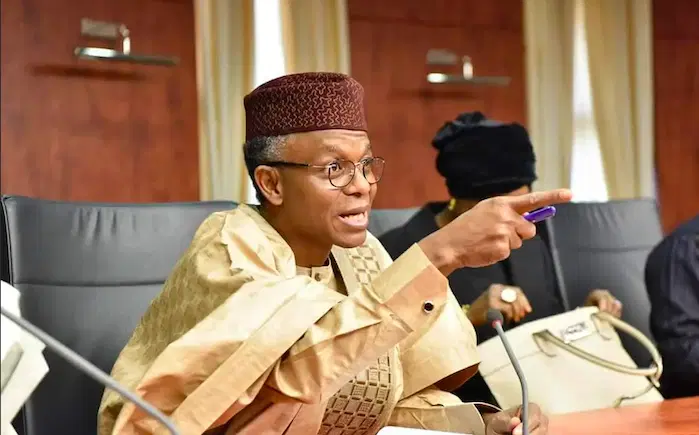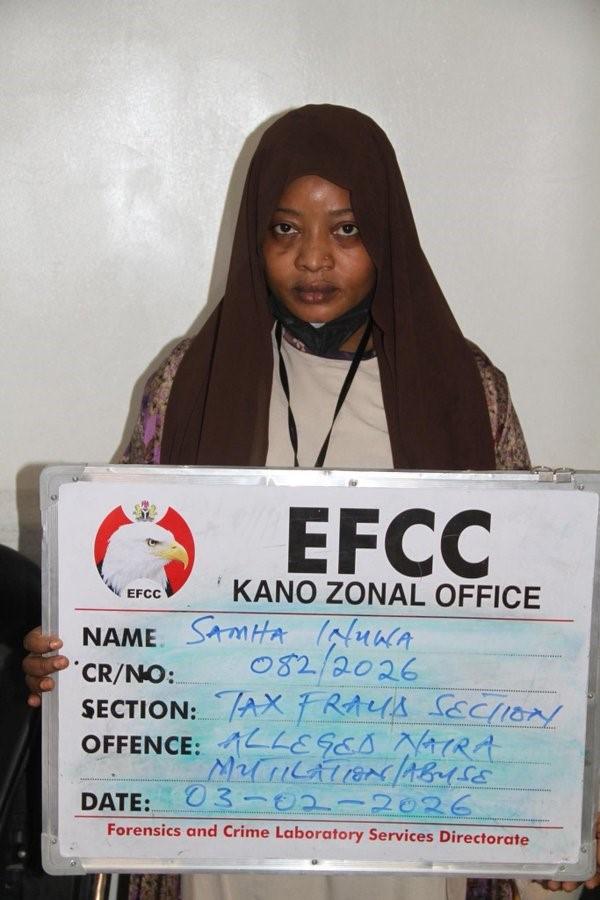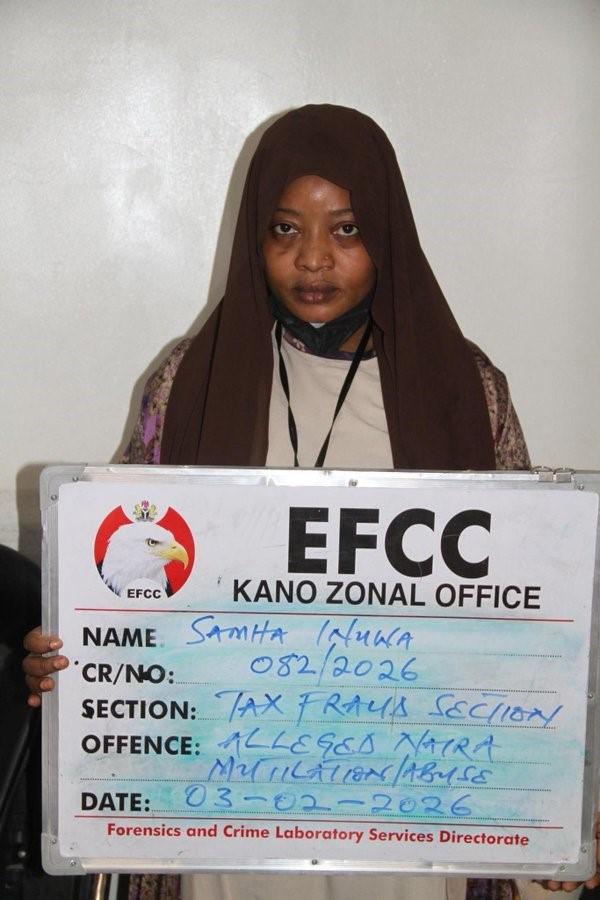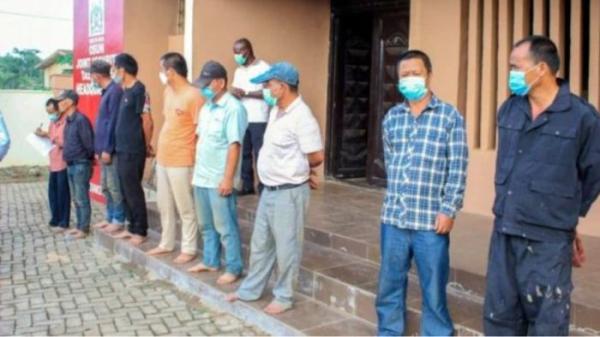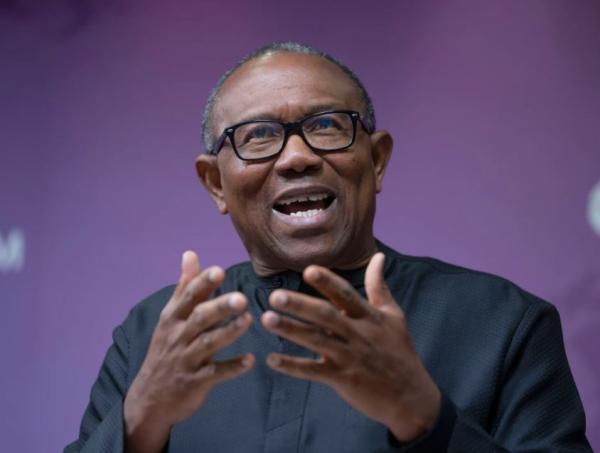
Nigeria’s electricity generation has for the last few months been enjoying a steady climb reaching a year high of 4,044 megawatts (MW). Industry experts are even expecting higher numbers in the coming months as on account of improved gas supply to generation stations and the rise in the water level at the various hydro power stations typical of the rainy season.
However, this comes at huge costs as recent reports revealed that the Federal Government currently owes the power Distribution Companies (DISCOs) about N95 billion in subsidy for electricity usage by consumers.
Indications show that out of the N100 billion electricity subsidy, which was to be released to the industry between 2012 and 2013, only N5 billion got to the companies.
The money, which was supposed to have been released by the Ministry of Finance, covered the N12 subsidy per kilowatt/hour of electricity that the government claimed it was currently paying on behalf of electricity consumers.
Some Discos are contemplating shutting down their power plants in order to force payment. This move, if it happens, is likely to pull the nation back into the epileptic power generation experienced earlier this year, as the power turbines take months of consistent operation to reach maximum output capacity.
Inefficient power supply has been Nigeria’s greatest economic bane, but things seem to be changing for the better with massive investments in the sector through public private partnerships. The country’s power generation capacity currently at 6,000 MW installed capacity is expected to grow to 40,000 MW by 2020.
On the attainment of the current feat, the special assistant to the Minister of Power on Gas, Frank Edozien, pointed to the combined efforts of the government and the private sector, promising that the parties involved in the power business would sustain the tempo and improve on it.
“The government has put in place short-term measures that would ensure steady power supply to the power plants for the generation of electricity,” he said, adding that this was part of efforts to bring about sustainable gas supply so as to ensure steady power supply.
However, Nigeria’s electricity generation is still below its peak generation level of about 4,517.6 mega watts (MW) recorded in December, 2012, that industry analysts say, could be met and surpassed in no distant time if the upward trend continues.












